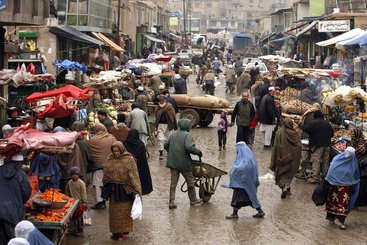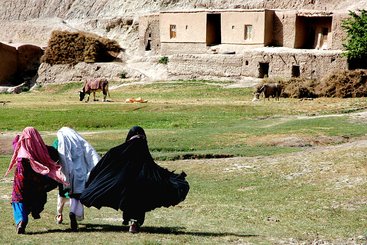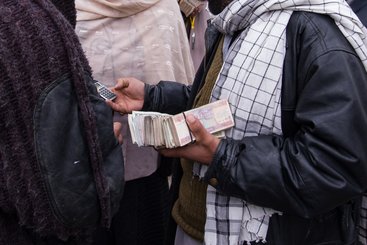This policy brief looks at why aid practitioners missed an important opportunity to bolster food security by supporting improved post-harvest processing and storage in Afghanistan. It is part of a series by Supporting Pastoralism and Agriculture in Recurrent and Protracted Crises (SPARC) on the importance of taking context seriously in aid programming.
Support for food processing and post-harvest storage could contribute significantly to food security and nutrition, but this was neglected in aid programming in the 2001–2021 period. Instead, the few interventions in the sector focused on expensive technological packages for larger private sector companies, with no tangible benefits for those who were food insecure.
This brief looks at post-harvest losses in Afghanistan and how engaging with this context might have changed the focus or scope of aid interventions. It is part of a series on the importance of taking context seriously in aid programming, as part of the programme Supporting Pastoralism and Agriculture in Recurrent and Protracted Crises (SPARC).







